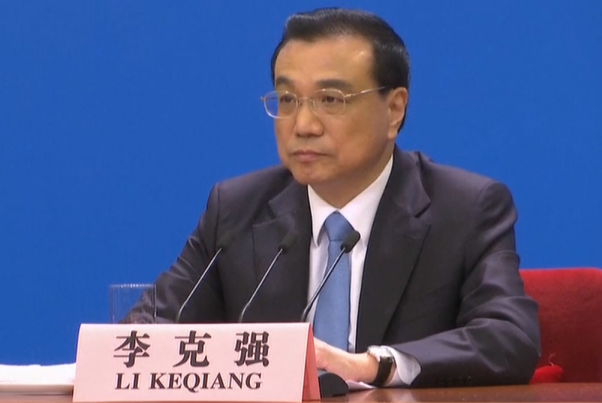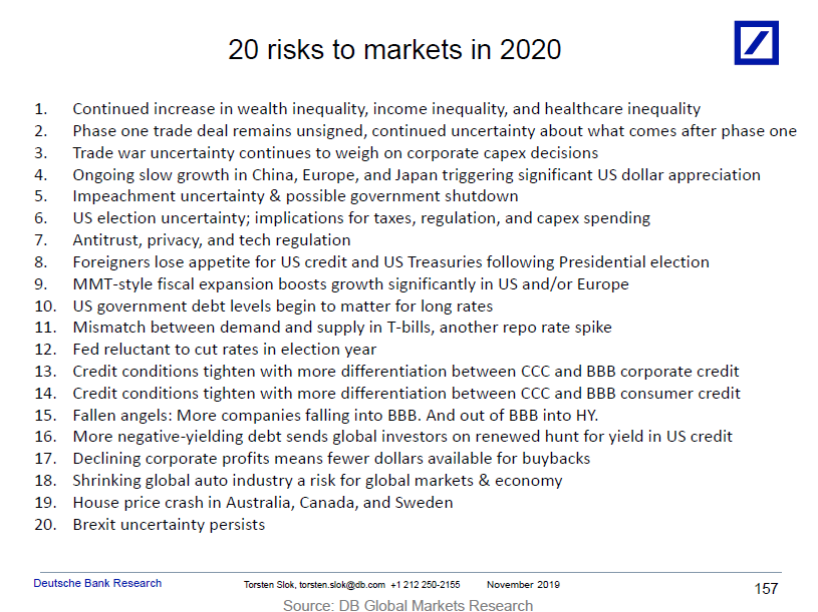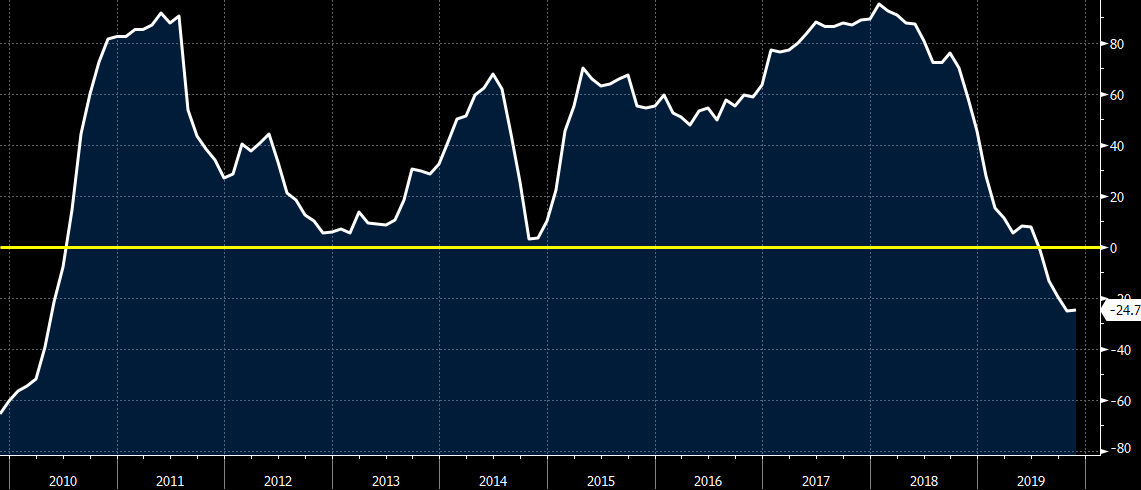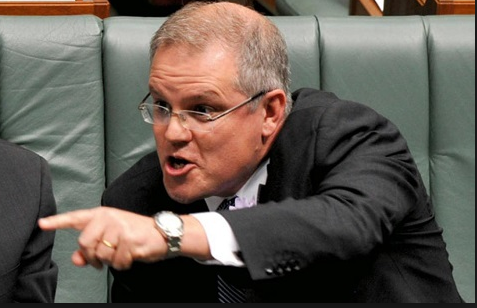Spain’s Ibex is the exception as they sort through the political uncertainty
- German DAX, +0.75%
- France’s CAC, +0.58%
- UK’s FTSE 100, +0.65%
- Spain’s Ibex, -0.8%
- Italy’s FTSE MIB, +1.24%
- Portugal’s PSI 20, +0.18%


There’s plenty to talk about on the list but certainly US-China trade will not play out as straightforward as many would hope. And that’s one of the fancier headlines that will surely grip markets throughout the whole of next year.


The FOMC decided to pause their recent easing cycle, but they also said that rate hikes were not going to be considered for some time, signalling a broadly more dovish bias to US monetary policy.The expectations for the rest of 2019 is that the Fed will remain on hold and that the holding position for the medium term will be for rates to remain as they are.
USD being driven by it’s safe haven status
The main driver then, at the moment, is coming from the USD’s status as a safe haven currency. The flip flopping of the US-China trade dispute, which is subject to regular and rapid change, has been moving the USD around on safe haven moves:

Good day, everyone! Hope you’re all doing well as we look to get things going in the session ahead. So far today, the dollar is seen holding steady as major currencies are keeping within decent ranges still for the most part.


Startups are continuing to grow in Japan, with a Nikkei survey finding the estimated corporate value of the 20 leading newer businesses increased 22% to exceed a combined value of 1 trillion yen ($9.2 billion) in the year to September. Growth is especially notable in the artificial intelligence and financial technology, or fintech, areas.
Technological innovations have increased startups’ corporate value, but signs of reservations among investors are also emerging in the wake of SoftBank Group-backed WeWork’s high-profile troubles. Masayoshi Son, who announced on Wednesday that his group’s net loss for the July-September quarter was 700 billion yen, admitted regretting a large investment in WeWork. “My investment judgment was poor in many ways,” he said.
Nikkei conducted the survey jointly with the Japan Venture Capital Association to estimate the corporate value of unlisted startups established up to 20 years ago as of the end of September. The valuation, calculated by multiplying the latest issue price of shares by their total number, corresponds to the market capitalization of listed companies.
The corporate value of 181 startups, among 189 firms that responded to the survey, was estimated, with the top 20 found to be worth a combined 1.19 trillion yen. Top-ranked Preferred Networks, an artificial intelligence developer, and two others were valued at more than $1 billion each. In 2018, there was only one so-called unicorn.
Using deep-learning technology, Preferred has been developing self-driving and other technologies jointly with auto giant Toyota Motor. The assessment of the company has grown also because it has expanded its partnerships with other companies, such as joint studies on automated control of oil plants with JXTG Holdings.
TBM, a Tokyo-based materials startup, was placed second in the survey. The company uses limestone to develop alternatives to plastics for items such as shopping bags, and it plans to start building its first overseas factory in China in 2020.
Fourth-ranked freee helps companies address labor shortages with its automated accounting software. The top 20 startups include seven fintech companies, reflecting strong expectations for innovations in financial services. The number of startups each valued at more than 10 billion yen increased about 30% to 63.
Unicorn candidates have also increased in sectors such as health care. According to U.S. research firm CB Insights, the U.S. has some 200 unicorns, or half the world’s total. Britain and India each boast dozens of them, but the number in Japan remains small.
The startup boom began earlier this decade as the digital revolution made headway, prompting large companies to expand investment in emerging innovative firms in a bid to avoid taking major risks alone.
One focal point ahead is the trend of investment, because the boom is partly attributable to the global glut of money. According to Japan Venture Research, privately held companies in Japan raised a total of 421.1 billion yen in 2018, a fivefold increase from five years earlier.
However, office-sharing WeWork’s woes raise the risk of a knock-on effect on other startups, which may find themseves under extra pressure to demonstrate their technology and business growth potential if they are to continue to attract investment.
Until recently, investors have tended to consider it enough for businesses to simply be expanding to warrant their support, but following the WeWork fiasco, there is a new focus on examining their governance of management thoroughly, according to Gen Isayama, general partner and chief executive of WiL, a U.S.-based incubator.
Softbank Group Chairman and CEO Son also referred to corporate governance during the earnings conference. “We will learn from our mistakes on WeWork, and create solid governance standards regarding business founders.”
Meanwhile, investment in startups in the U.S. has ballooned to 14 trillion yen. Amid the bubble-like situation, WeWork has faltered following the failure of its planned initial public offering, making investors more cautious about investment in new businesses.